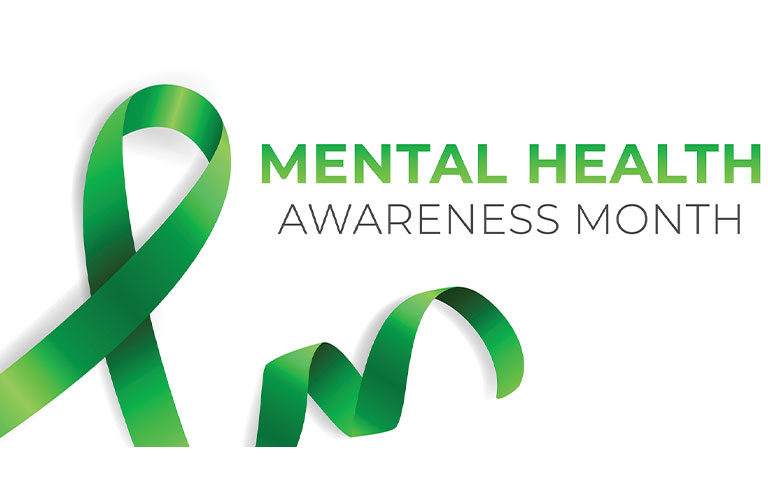Mental Health Awareness Month: Worker safety policies must protect the ‘whole person,’ NSC says

Itasca, IL — Experiencing feelings of depression and anxiety strongly correlates to how safe workers feel on the job, results of a recent National Safety Council survey show.
“Feeling unsafe at work is hurting people,” said John Dony, vice president of thought leadership at NSC.
NSC surveyed more than 1,000 U.S. adult workers in March about work environment and industry, feelings of safety at work in general and regarding COVID-19 risk, and feelings of depression and anxiety. Respondents who said they feel unsafe at work were nearly three times more likely to report experiencing symptoms of depression within the past two weeks. They also were more than twice as likely to indicate feeling symptoms of anxiety.
The respondents who were most concerned about their safety at work were the most likely to say they felt depressed or anxious frequently enough to meet one of the criteria for clinical diagnosis of mental illness. Two out of 5 of the respondents who said they feel “very” unsafe at work reported having symptoms of depression all or most days, while only 1% of those who felt very safe at work reported the same. Similarly, 1 out of 4 of the former group also said they have symptoms of anxiety all or most days, compared with less than 2% of the latter group.
The council encourages business leaders to support their workers by prioritizing mental health. NSC offers materials, consulting services and additional resources that discuss mental health, stress reduction and substance misuse.
“Employers everywhere must accept responsibility for their impact on workers on and off the clock by implementing safety policies and procedures that protect the whole person, including both physically and mentally,” Dony added.
The results were released during Mental Health Awareness Month, observed each May in an effort to combat stigma, provide guidance, educate the public, and advocate for policies that support people with mental illness and their families.

